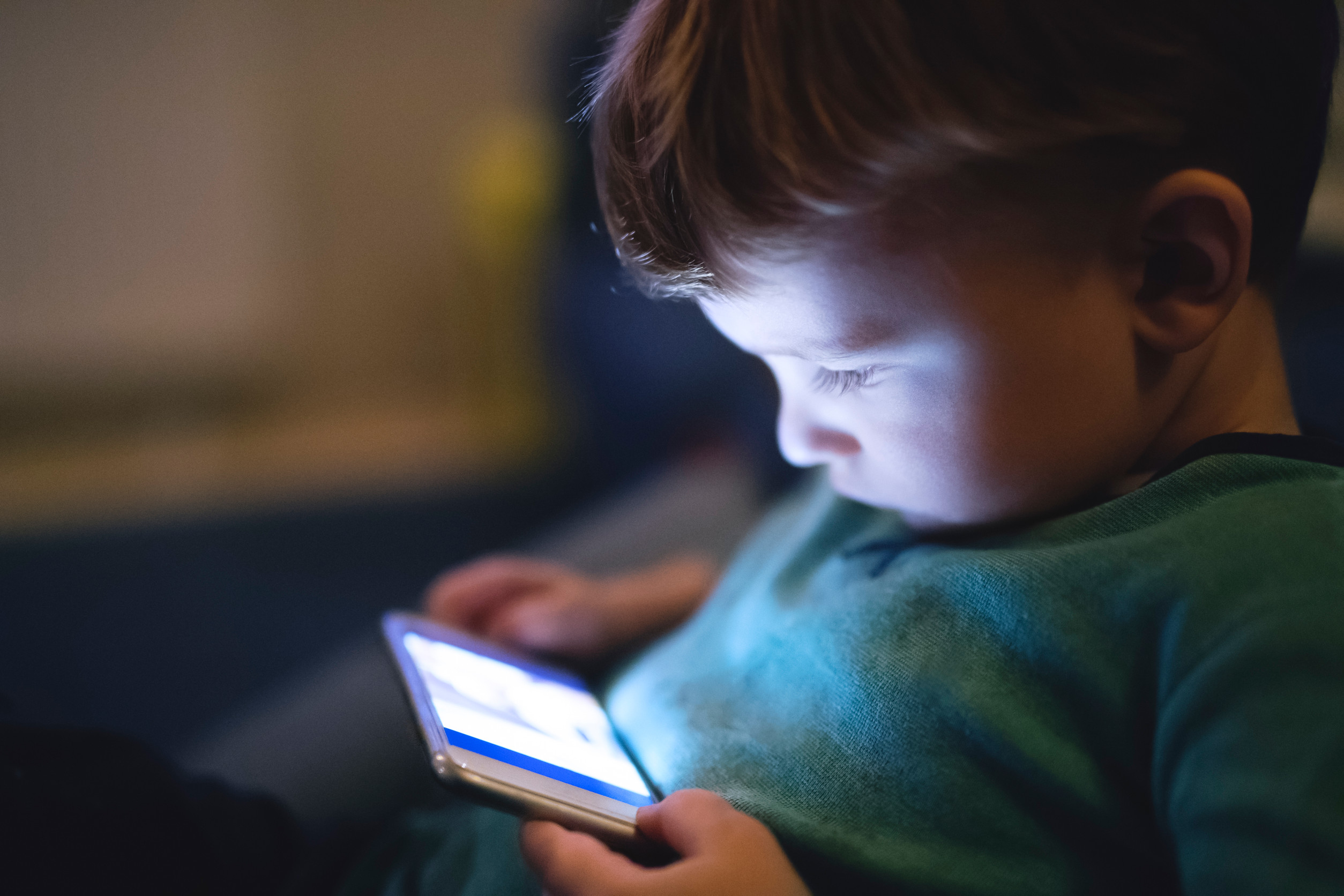In an age where tablets and smartphones are as common as toy boxes, family-friendly apps promise entertainment, education, and connection. Yet behind the colorful icons and catchy themes, some of these platforms have made headlines for all the wrong reasons — exposing sensitive information about the very children they’re meant to protect. The truth is, even apps marketed to parents as “safe” can harbor security gaps that lead to serious privacy breaches. By learning which platforms have stumbled and how to respond, you can make more informed choices for your kids’ online safety. Let’s look at six popular family apps that have leaked children’s data and what you can do to safeguard your family.
1. Messenger Kids
Messenger Kids, designed to let children chat with approved friends and family, once suffered a programming flaw that allowed unapproved users into group chats. While the app promised a secure environment, this oversight created a loophole that undermined parental trust. Facebook, the app’s owner, quickly patched the issue, but it highlighted how even big-name companies can make mistakes that impact children’s privacy. Parents were urged to review chat histories and update safety settings immediately. Staying alert to such incidents is key when choosing family apps that have leaked children’s data.
2. TikTok
Though not marketed specifically for kids, TikTok has millions of young users — and has faced multiple accusations of mishandling their data. In 2019, the company paid a record fine for collecting personal information from children under 13 without parental consent. Critics say this wasn’t just a legal misstep, but a breach of trust for families who assumed the app had tighter controls, and it’s not the only example. TikTok has since implemented new safety features, like restricted mode and family pairing, but concerns persist. Parents should remain proactive by limiting profile visibility and monitoring shared content.
3. Strava
At first glance, a fitness app like Strava might not seem risky for children. But when families use it to track bike rides or walks, location data can become an unexpected hazard. In one incident, the app’s public activity maps inadvertently revealed sensitive locations, including the routes kids took to school. Even with privacy settings available, many users were unaware of how much could be inferred from shared data. This serves as a reminder that family apps that have leaked children’s data aren’t always the ones you’d expect.
4. YouTube Kids
YouTube Kids was designed to create a safe viewing space for children, but in the past, flaws in the system exposed young viewers to targeted ads and inappropriate recommendations. Privacy advocates have criticized Google for collecting data from children to personalize content. Although the platform has made improvements, including more robust parental controls, the incident still raises eyebrows. It showed that “kid-friendly” labels do not always guarantee airtight privacy protections. Parents should routinely audit viewing history and app permissions to minimize risks.
5. My Talking Tom
My Talking Tom, a wildly popular virtual pet app, faced backlash when researchers found vulnerabilities that could allow hackers to access user information. The game’s popularity with kids made the potential leak even more concerning. While the company quickly issued updates to fix the flaws, the breach underscored the need for constant vigilance. This wasn’t just about losing game progress — it was about protecting children’s identities. Families should treat even simple-looking entertainment apps as potential data risks.
6. ClassDojo
ClassDojo is widely used in schools to track behavior and communicate with parents, but it’s also been criticized for storing student data indefinitely. In earlier reports, privacy advocates raised concerns about how the app handled personal details and whether parents truly understood the terms. While no massive breach has been reported, the lingering storage of sensitive information still poses questions about long-term security. Transparency about where and how data is kept is essential in today’s digital learning environment. Even apps tied to education can fall under the category of family apps that have leaked children’s data in one form or another.
Protecting Your Family from Hidden Digital Risks
Knowing that even trusted platforms can falter is both unsettling and empowering. By researching apps before downloading, adjusting privacy settings, and teaching kids about online safety, you can significantly reduce risks. It’s also worth regularly checking app news for any reported breaches or vulnerabilities. Remember that data leaks aren’t always immediate — some issues can surface months or years after the information was collected. Staying informed and proactive is your best defense in an increasingly connected world.
Have you ever deleted an app after learning about a privacy issue? Share your experience in the comments below — your story could help another parent stay safe.
Read More:
The Dark Side of Kids’ YouTube You Didn’t See Coming
8 Sneaky Ways Predators Trick Kids (and Parents Miss It)
The post 6 Popular Family Apps That Have Leaked Children’s Data appeared first on Kids Ain't Cheap.








